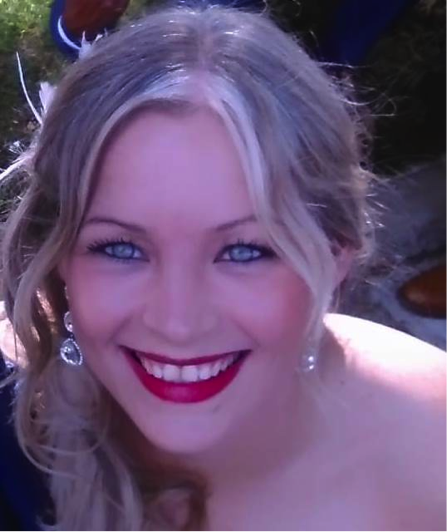60 seconds with Tara Shea

Name: Tara Shea
Professional Role: Hospital Play Specialist Team Leader
Study Title: Exploring trauma experiences in children with chronic constipation and faecal incontinence.
University: Queen Mary University London
Programme:PhD
Funder: Barts Charity
What drew you to research?
I have always been interested in the ‘why’ and ‘how’ questions. Why do we do things the way we do, and how do we know to do them. I have always seen research as a way of answering these questions. Research has supported me throughout both my academic and clinical career. I advocate for evidence based practice for my team and rely on research to provide a foundation is to our work, and helping support the best outcomes for our patients. I have am passionate about my field and wanting to develop it further. I feel that one the limitations is due to the lack of strong research and evidence base. I believe that research will help to further support this area of work, and hopefully pave the way for future Hospital Play Specialist to be more involved in research and complete PhD’s.
What impact do you hope your research will have?
My specific research is exploring trauma experience of children with chronic constipation and faecal incontinence. I hope the research will directly impact the children and families suffering. This area has not been researched within this patient group and hope that this will help to shape and change treatment outcomes and hospital related experiences.
What advice would you give to someone considering undertaking this programme?
I am just about to start so don’t have any advice for the programme…but looking for some!
What are your future plans?
Complete the PhD and start a career within clinical academia.
